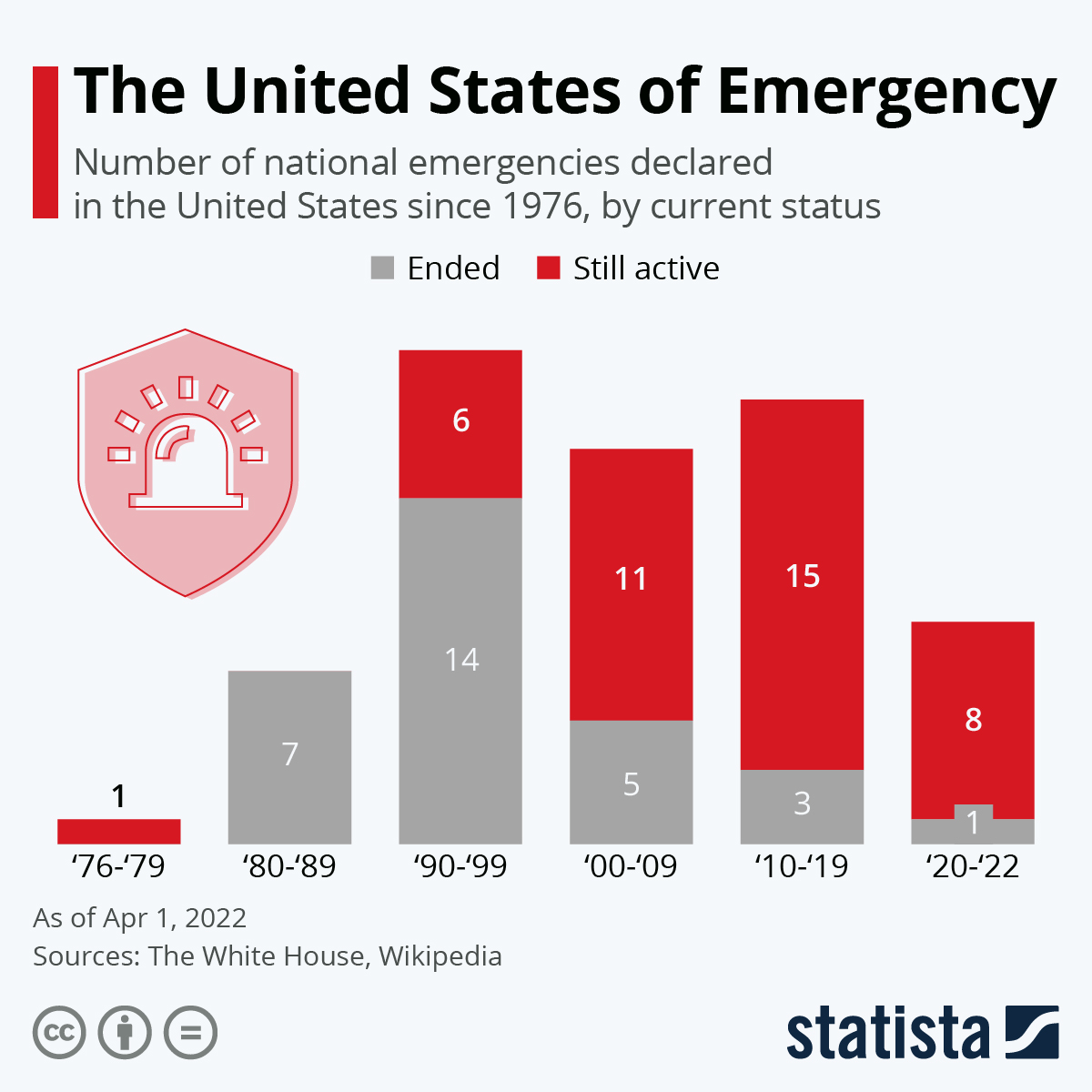Declaration and Legal Implications

In times of grave crisis or widespread disturbance, governments may resort to declaring a state of emergency, granting them extraordinary powers to address the situation.
The state of emergency may have subsided, but the financial hardships it has left behind persist. Individuals relying on supplemental security income may find themselves struggling to make ends meet. For the latest updates and resources on this matter, visit supplemental security income news.
The state of emergency may have lifted, but the need for support remains.
The legal framework for declaring a state of emergency varies across jurisdictions, but generally involves a formal declaration by the head of state or government, followed by the activation of specific emergency powers Artikeld in the constitution or emergency legislation.
In the wake of the state of emergency, the music industry has also felt the impact. The recent breakup of Florida Georgia Line is a testament to the toll the pandemic has taken on even the most established acts. As the state of emergency continues, it remains to be seen how the entertainment industry will adapt and recover.
Powers Granted to Authorities
During a state of emergency, authorities are typically granted a range of powers that would otherwise be considered unconstitutional or excessive. These powers may include:
- Suspending or modifying fundamental rights and freedoms, such as freedom of speech, assembly, and movement.
- Imposing curfews and restrictions on public gatherings.
- Detention without charge or trial.
- Conducting searches and seizures without warrants.
- Deploying military forces for internal security purposes.
Potential Implications
While states of emergency can be necessary to address immediate crises, their prolonged use can have serious implications for human rights and the rule of law. Extended states of emergency may:
- Undermine constitutional protections and erode democratic norms.
- Lead to arbitrary arrests, detentions, and violations of due process.
- Create a climate of fear and suppress dissent.
- Damage public trust in government institutions.
Therefore, it is crucial for states of emergency to be declared only in genuine emergencies and for their duration to be strictly limited to the period necessary to address the crisis.
Impact on Civil Liberties

During a state of emergency, the government may impose restrictions on civil liberties to protect public safety. These restrictions can include limits on freedom of movement, assembly, and speech. The government may also increase its surveillance powers and detain individuals without charge.
The legal and ethical considerations of limiting rights during a state of emergency are complex. On the one hand, the government has a responsibility to protect its citizens from harm. On the other hand, it is important to ensure that these restrictions are not excessive or discriminatory.
Balancing Public Safety with Individual Freedoms
Striking the right balance between public safety and individual freedoms is essential during a state of emergency. The government must take steps to protect its citizens without infringing on their basic rights.
One way to do this is to ensure that any restrictions on civil liberties are temporary and proportionate to the threat. The government should also provide clear and transparent justification for these restrictions.
In addition, the government should establish mechanisms for independent oversight of its actions during a state of emergency. This will help to ensure that these restrictions are not abused.
International Perspectives: State Of Emergency

States of emergency have been declared in various countries around the world, each with its unique approach and implications. Understanding these differences is crucial for developing effective responses to crises.
Role of International Law and Organizations
International law and organizations play a significant role in shaping how states of emergency are declared and managed. The International Covenant on Civil and Political Rights (ICCPR) sets forth minimum standards for the declaration and duration of states of emergency. However, the specific implementation of these standards varies across countries.
International organizations, such as the United Nations, provide guidance and support to countries facing emergencies. The UN Security Council has the authority to authorize the use of force in certain situations, including to address threats to international peace and security. Regional organizations, such as the European Union and the African Union, also have mechanisms for coordinating responses to crises.
Challenges of International Coordination, State of emergency
Coordinating international responses to crises can be challenging due to factors such as:
- Differences in national laws and policies regarding states of emergency
- Political and diplomatic sensitivities
- Limited resources and capacity
- Communication and coordination gaps
Overcoming these challenges requires strong international cooperation, information sharing, and a commitment to upholding human rights and the rule of law.
In times of state of emergency, the public yearns for a sense of normalcy and distraction. One such distraction has been the recent buzz surrounding the personal lives of the cast of the popular television series “Yellowstone.” Yellowstone cast married has been a trending topic on social media, with fans speculating about the relationships between the show’s stars.
While the state of emergency persists, such discussions provide a brief respite from the anxieties and uncertainties that define these challenging times.
In the face of an ongoing state of emergency, entertainment events have been disrupted, as evidenced by the recent cancellation of Jennifer Lopez’s tour. Lopez’s decision highlights the broader impact of the crisis, affecting not only public health but also cultural activities.
The state of emergency serves as a reminder of the delicate balance between safety and the pursuit of normalcy, as we navigate the challenges of an uncertain future.
The state of emergency has put the country on edge, but amidst the chaos, there is still room for distraction. The recent appointment of a new lakers head coach has sparked a glimmer of hope, reminding us that even in the darkest of times, there is always something to look forward to.
Yet, the state of emergency looms large, casting a shadow over our collective psyche, a constant reminder of the fragility of our normalcy.